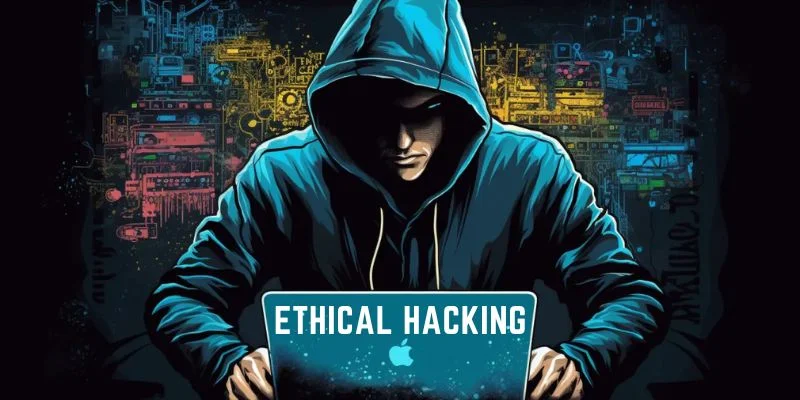
In today’s digital age, cybersecurity has become a critical concern for businesses and individuals. With the proliferation of cyber threats and data breaches, safeguarding digital assets has never been more imperative. Ethical Hacking emerges as a powerful tool for identifying vulnerabilities and fortifying defences against potential cyber-attacks in this constant threat landscape. This blog has discussed the significance of Ethical Hacking in protecting digital assets. For those interested in gaining practical skills and knowledge, consider enrolling in the Ethical Hacking Course in Coimbatore, which offers specialized training to help you become proficient in this essential field.
Understanding Ethical Hacking
Ethical Hacking, penetration testing or white-hat hacking involves simulating cyber attacks on a system or network with the owner’s consent. Ethical Hackers employ the same techniques and tools as malicious hackers to identify weaknesses in security measures and assess the resilience of digital infrastructures.
Identifying Vulnerabilities
Ethical Hacking is crucial in proactively identifying software, network, and system vulnerabilities before malicious actors exploit them. By conducting thorough security assessments, Ethical Hackers can uncover weaknesses that may otherwise go unnoticed, allowing organizations to address these issues and mitigate potential risks.
Protecting Digital Assets
Ethical Hacking is a proactive defence mechanism against cyber threats, helping organizations protect their digital assets from unauthorized access, data breaches, and other security breaches. By uncovering vulnerabilities and implementing appropriate security measures, businesses can safeguard sensitive information and maintain the integrity and confidentiality of their data. Enrolling in an Ethical Hacking Course in Hyderabad can provide comprehensive training on effectively identifying and mitigating security threats for those interested in developing these crucial skills.
Compliance and Regulation
Ethical Hacking is often mandated by regulatory standards and compliance requirements in various industries, such as healthcare, finance, and government. Organizations must conduct regular security assessments and penetration testing to ensure compliance with industry regulations and standards, such as HIPAA, PCI DSS, and GDPR.
Enhancing Cyber Resilience
Ethical Hacking contributes to organizations’ overall cyber resilience by identifying security control and protocol weaknesses. By continuously assessing and improving their security posture, businesses can enhance their ability to detect, respond to, and recover from cyber-attacks, minimizing the impact of potential breaches on their operations and reputation.
Ethical Hacking in Incident Response
Ethical Hackers play a vital role in incident response and cybersecurity incident management. In a security breach or cyber attack, Ethical Hackers can assist organizations in identifying the incident’s root cause, assessing the damage’s extent, and implementing remediation measures to contain the threat and prevent future occurrences.
Ethical Hacking is a cornerstone of cybersecurity, enabling organizations to proactively identify and address vulnerabilities in their digital infrastructures. By leveraging Ethical Hacking techniques and methodologies, businesses can protect their digital assets, comply with regulatory requirements, enhance their cyber resilience, and effectively respond to cyber threats. Ethical Hacking remains a critical component of any comprehensive cybersecurity strategy as cyber threats evolve, helping organizations stay one step ahead of malicious actors and safeguard their valuable data and assets. For those interested in gaining expertise in this field, enrolling in the Ethical Hacking Course in Pondicherry can provide the necessary skills and knowledge to become proficient in identifying and mitigating cyber risks.
